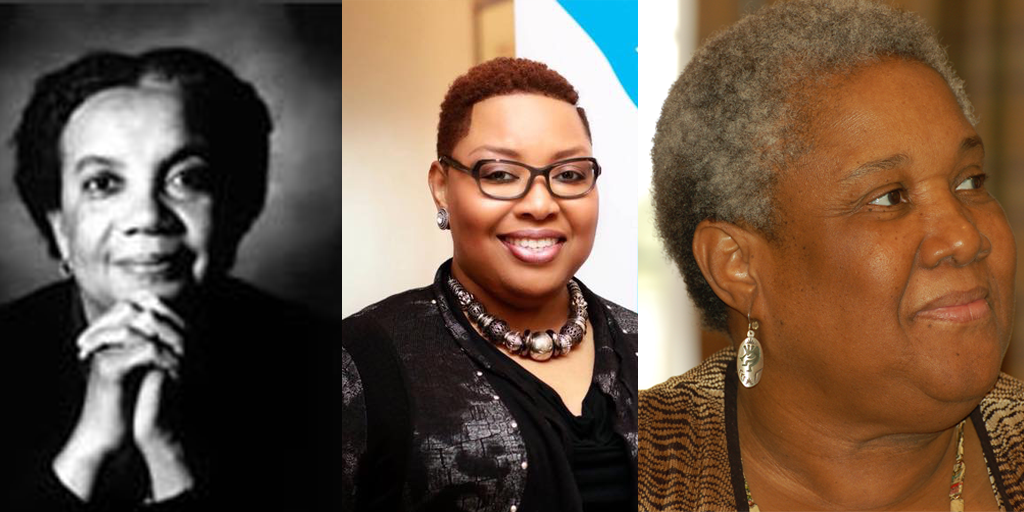Victimhood Is Not a Culture, It’s a Powerful Tool: What We Can Learn From the Stanford Rape Victim’s Testimony
It is a fraught time to be a victim in America.
 Protest racist speech on your campus and you’ll be called a coddled, overly sensitive, “crybully.” Call out microaggressive behavior and cultural appropriation, and you’ll be deemed a threat to American free speech. Object that, as a woman, you are being discriminated against because of the clothes you choose to wear, and you’ll be told online that you have “an all-about-me” attitude and should “learn to follow rules.” Speak out about your rape at the hands of a classmate, and you’ll be gaslighted and characterized as a hysterical, scheming, self-victimizing young woman.
Protest racist speech on your campus and you’ll be called a coddled, overly sensitive, “crybully.” Call out microaggressive behavior and cultural appropriation, and you’ll be deemed a threat to American free speech. Object that, as a woman, you are being discriminated against because of the clothes you choose to wear, and you’ll be told online that you have “an all-about-me” attitude and should “learn to follow rules.” Speak out about your rape at the hands of a classmate, and you’ll be gaslighted and characterized as a hysterical, scheming, self-victimizing young woman.
While anti-victim sentiment has a long, ugly history in the American ethos, the last several years have been characterized by a new form of hostility towards victims. The idea that we are living in a “culture of victimhood” – which glorifies victimhood, encourages hypersensitivity, attention-seeking, and complaint – has become a mainstay within conservative thought, and the viral buzz-phrase has been wielded by liberal and conservative writers alike.
“But why emphasize one’s victimization?” Bradley Campbell and Jason Manning, authors of the article “Microaggression and Moral Culture,” ask, incredulously.
The letter written by the woman who was sexually assaulted by former Stanford student Brock Turner, perhaps helps to answer their question.
The impact statement, which the young woman provided to Buzzfeed and which she read aloud in court to her rapist, has been viewed more than 17 million times. It has been read aloud on CNN, on the floor of the House of Representatives, by New York City Mayor Bill DeBlasio’s wife Chirlane McCray. It prompted Vice President Joe Biden to write her an open letter, calling her “a warrior,” and saying that her words were “seared on his soul.” The letter has been almost unanimously recognized as credible – the true story of what happened last January behind a Stanford frat house.
But, perhaps, as believers in cultural victimhood would posit, by sharing her letter, she’s “playing the victim.”
My question is, why shouldn’t she? The rape culture in our country and on our campuses makes victims of women. Why is sexual assault survivor bringing attention to her victimhood perceived as playing the victim, and not instead, as exposing the bully?
Because this is exactly what she has done: rewritten the narrative, revealing the bullies in the story, for everyone to see: Turner, who insisted the encounter was consensual; his father, who reduced her rape to a regrettable “20 minutes of action;” their lawyers who attempted to frame her as culpable in her own assault; and Judge Aaron Persky, who decided that the violation of a woman’s bodily autonomy is worth only six months in jail – the same sentence one can receive for stealing a library book.
This is the power of victimhood: to expose unjust power relations in a way that leaves the powers-that-be looking petty and shameful. To wrestle the public and moral narrative away from the dominant, default versions, which so often favor the privileged and powerful. To force confrontation with the violence women suffer in our society, and to disallow for indifference to the injustice of the systems that enable sexual violence, and protect those who commit it.
Victimhood, when recognized on the scale that the Stanford rape victim’s has, has the power to upset existing hierarchies of privilege, power and credibility in meaningful, lasting ways. The letter has already created a watershed moment in the fight against sexual violence – one which I truly believe will have an impact on the way future cases of sexual assault are adjudicated.
Victimhood is not a culture. It is a tool that marginalized people use to challenge their oppression: to out the bullies, create community, educate and empower others and heal. It seems that a culture in which this kind of justice is possible is the kind of culture we should want to live in – the kind of culture we should celebrate and fight to protect.
What is a culture, however, is our culture of violence towards women; our culture of differential treatment of people in our legal system and the media based on their race and gender; our culture in which older powerful white men take younger powerful white men “at their word” when a woman has accused them of rape. This is the culture we need to talk about.

 Protest racist speech on your campus and you’ll be called a
Protest racist speech on your campus and you’ll be called a 

